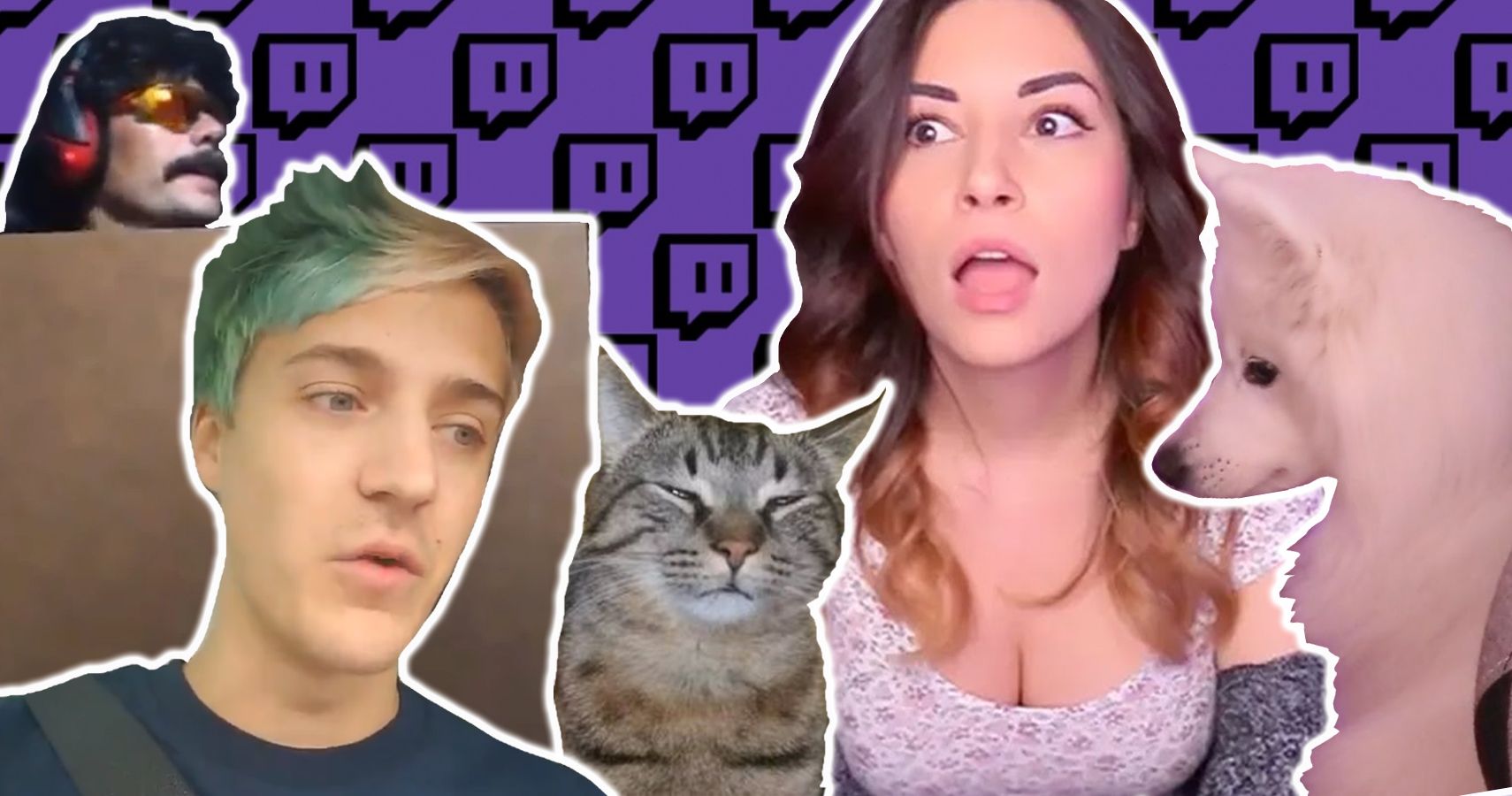Leveling Up the Discourse: Navigating the Minefield of Gamer Controversies
Introduction
The world of video games is no longer a niche hobby. It’s a global phenomenon, a multi-billion-dollar industry that rivals Hollywood in terms of cultural impact. But with great power comes great scrutiny. The gaming world is no stranger to controversy, sparking debates on everything from representation to ethics, and the stakes are higher than ever. This article delves into some of the most prominent and persistent controversies that plague the gaming landscape, offering insights into their origins, impacts, and potential resolutions.
I. Contentious Content: Sex, Violence, and Representation
One of the oldest and most consistent sources of controversy revolves around the content of games themselves.
- Violence and Aggression: The debate about whether violent video games contribute to real-world aggression has raged for decades. While some studies have suggested a correlation, the overwhelming scientific consensus is that there’s no conclusive evidence to prove a direct causal link. However, the discussion continues, especially in the wake of tragic events involving young people.
- Data Point: A 2020 meta-analysis published in the journal Aggression and Violent Behavior reviewed over two dozen studies and found "negligible" evidence to support the claim that violent video games cause aggression.
- Sexualization and Misogyny: The portrayal of women in video games has long been a source of criticism. Often, female characters are hyper-sexualized, relegated to damsel-in-distress roles, or simply absent altogether. While progress has been made, instances of blatant sexism continue to surface.
- Example: The controversy surrounding the "booth babes" at gaming conventions, where women were hired to promote games based on their appearance, sparked widespread outrage and led to changes in industry practices.
- Lack of Diversity: The underrepresentation of minority groups in video games, both as characters and in the industry itself, is another significant concern. While there’s been a push for greater inclusivity, the pace of change is often seen as too slow.
- Quote: "Representation matters because it allows people to see themselves in these virtual worlds, to feel like they belong, and to challenge stereotypes," says Tanya DePass, founder of I Need Diverse Games.
II. Business Practices: Ethics and Exploitation
Beyond the content of games, the business practices of game developers and publishers often come under fire.
- Loot Boxes and Gambling: Loot boxes, which offer randomized in-game rewards for real money, have been criticized as a form of gambling, particularly when they target children. Several countries have taken steps to regulate or ban loot boxes altogether.
- Fact: Belgium and the Netherlands have classified loot boxes as gambling under their respective laws.
- Crunch Culture: The gaming industry is notorious for its "crunch culture," where developers are forced to work excessive hours under immense pressure to meet deadlines. This can lead to burnout, mental health issues, and high employee turnover.
- Example: The development of games like Cyberpunk 2077 was plagued by reports of extreme crunch, leading to delays and ultimately a flawed product.
- Microtransactions: The proliferation of microtransactions, where players are constantly prompted to spend small amounts of money on in-game items or advantages, is another point of contention. Many players feel that microtransactions exploit their desire to progress or compete.
- NFTs and Blockchain Games: The integration of Non-Fungible Tokens (NFTs) and blockchain technology into games has been met with skepticism and outright hostility by many gamers. Concerns include the environmental impact of blockchain, the potential for scams, and the perception that NFTs are a cynical attempt to monetize games further.
III. Community Toxicity: Harassment and Hate
The gaming community, while vibrant and passionate, can also be a breeding ground for toxicity.
- Online Harassment: Harassment, including sexism, racism, and homophobia, is rampant in online games and forums. This can create a hostile environment for marginalized players and drive them away from the hobby.
- Data Point: A 2020 survey by the Anti-Defamation League found that 81% of online gamers had experienced harassment.
- Doxing and Swatting: More extreme forms of harassment, such as doxing (revealing someone’s personal information online) and swatting (calling in a false emergency to someone’s home), can have devastating consequences.
- Rise of Extremism: Some extremist groups have used video games as a platform for recruitment and propaganda. This is a growing concern that requires vigilance from both the gaming industry and law enforcement.
IV. The Role of Streaming and Social Media
The rise of streaming platforms like Twitch and social media has amplified the impact of gamer controversies.
- Influencer Ethics: Streamers and YouTubers wield significant influence over their audiences. Questions arise about their responsibility to disclose sponsorships, avoid promoting harmful content, and address issues of harassment within their communities.
- Cancel Culture: The "cancel culture" phenomenon, where individuals are publicly shamed and ostracized for perceived transgressions, has also affected the gaming world. While accountability is important, the line between justice and mob mentality can be blurred.
- Misinformation and Echo Chambers: Social media algorithms can create echo chambers where users are only exposed to information that confirms their existing beliefs. This can lead to the spread of misinformation and the polarization of opinions on controversial topics.
Conclusion
The controversies surrounding video games are complex and multifaceted, reflecting broader societal issues. While there are no easy solutions, progress can be made through:
- Increased Diversity and Representation: Making a concerted effort to create more diverse characters and stories in games, as well as fostering a more inclusive industry.
- Ethical Business Practices: Prioritizing the well-being of developers, avoiding exploitative monetization schemes, and being transparent about loot box mechanics.
- Community Moderation: Implementing stricter moderation policies to combat harassment and hate speech in online games and forums.
- Critical Media Literacy: Encouraging gamers to be critical consumers of media and to question the messages they are receiving.
The gaming world has the potential to be a powerful force for good, fostering creativity, connection, and social change. By addressing these controversies head-on, we can create a more inclusive, ethical, and enjoyable experience for everyone. The game isn’t over; it’s just leveling up.

